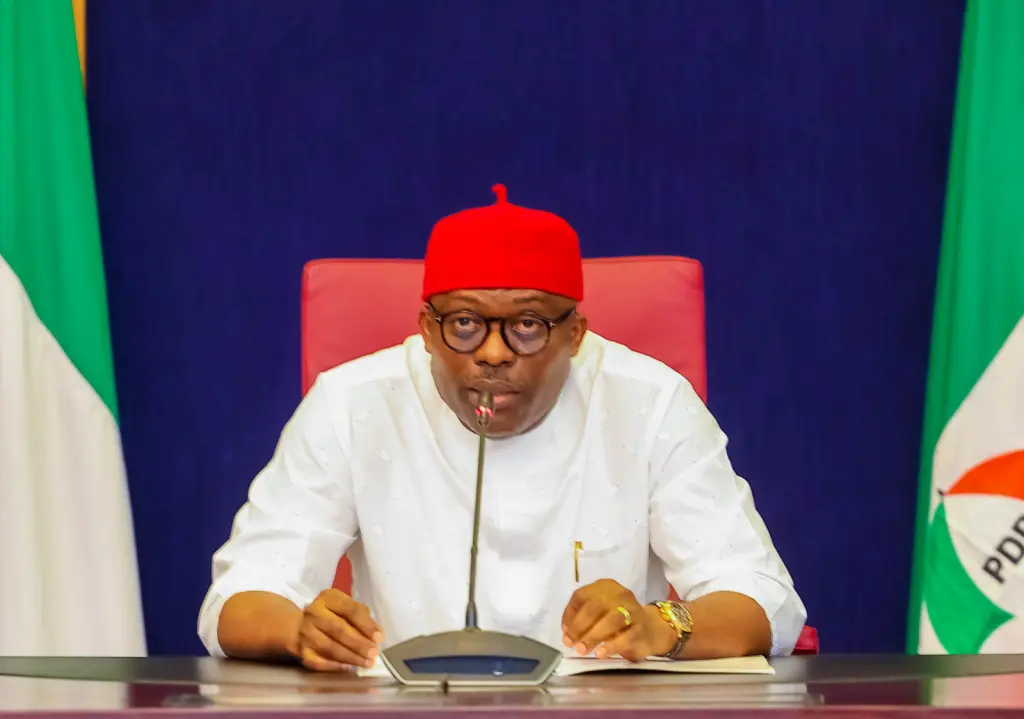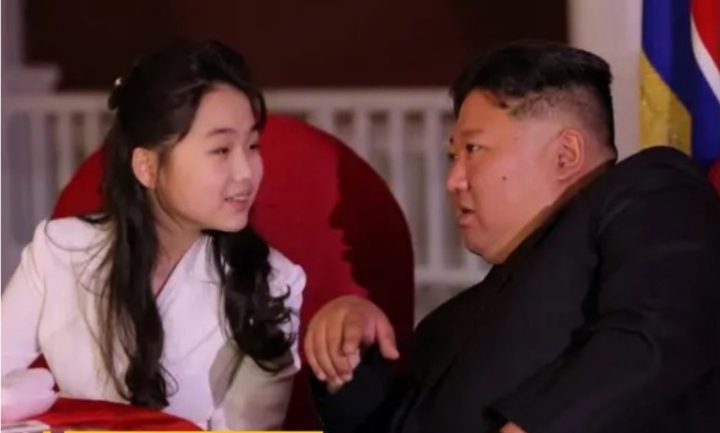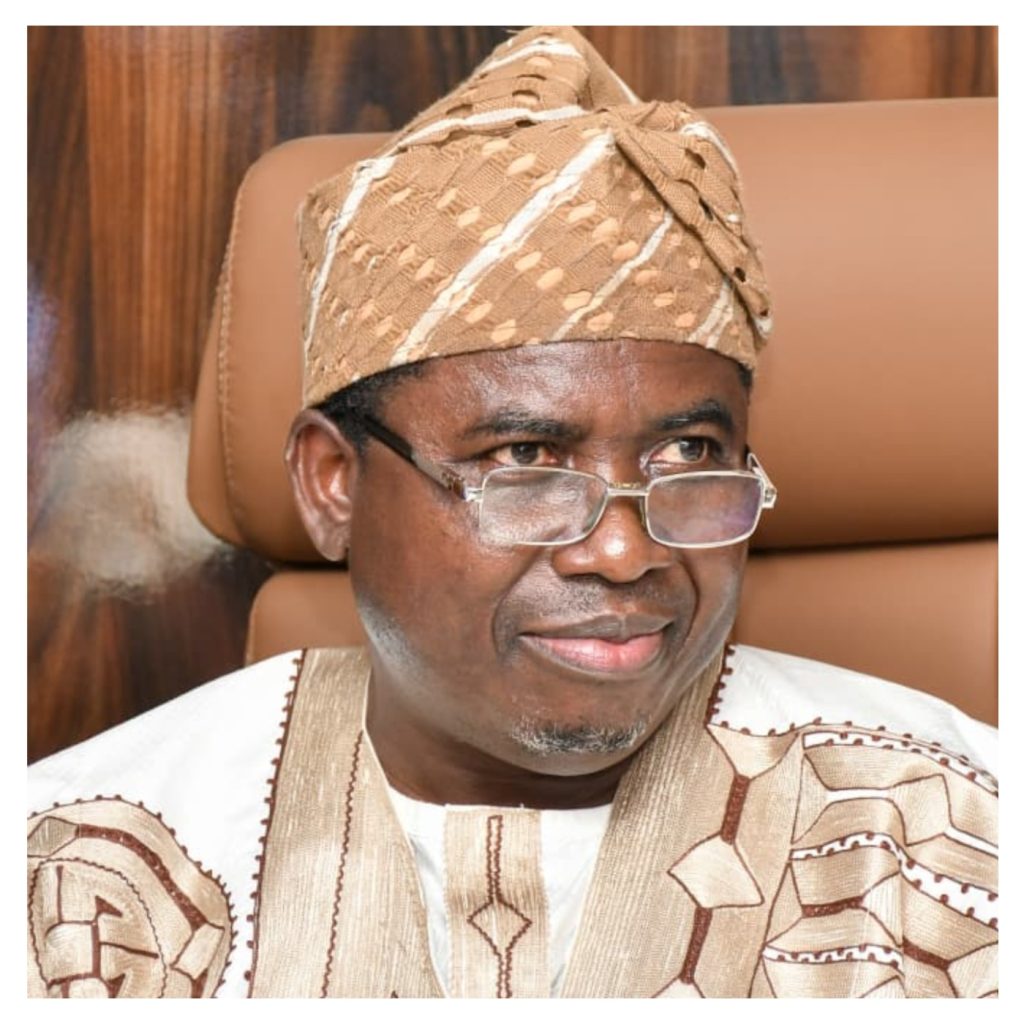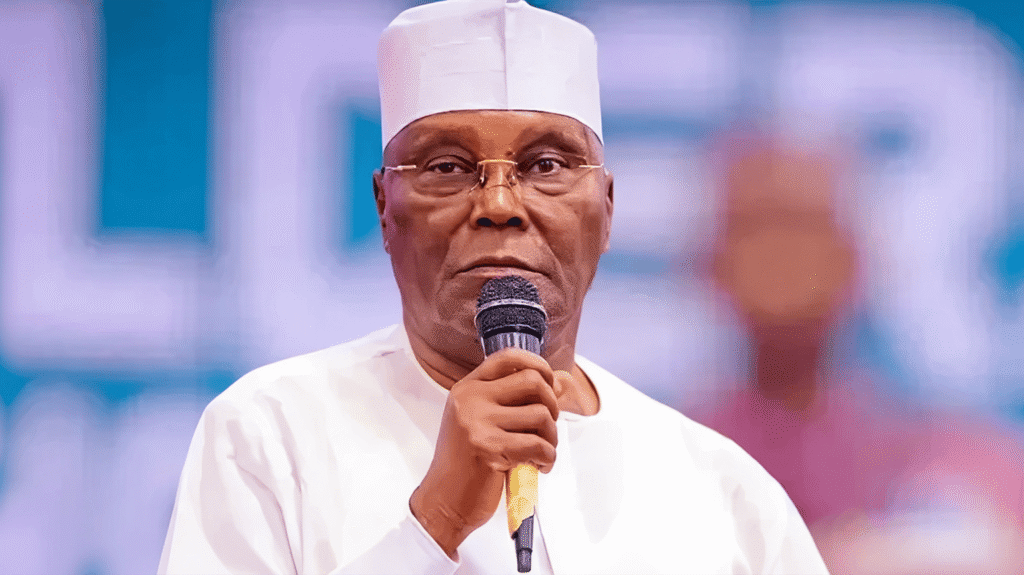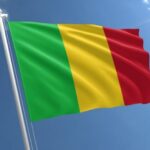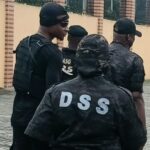US Weighs Sanctions Over Nigeria’s Religious Freedom Concerns
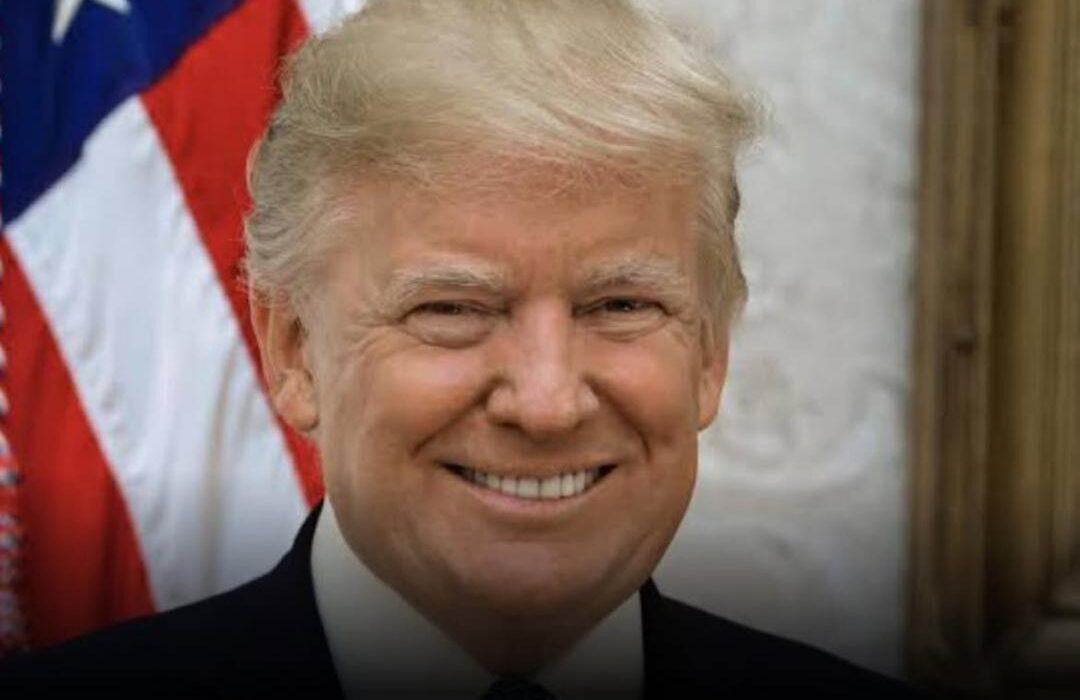
The United States is considering a range of punitive and diplomatic measures including sanctions and expanded counterterrorism cooperation as it ramps up pressure on Nigeria to do more to protect Christian communities and address long-standing concerns over religious freedom.
A senior U.S. State Department official, Jonathan Pratt, who heads the Bureau of African Affairs, disclosed this during a hearing before the House Foreign Affairs Committee on Thursday.
Pratt told lawmakers that the Trump administration is “developing a plan to incentivize and compel the Nigerian government to better protect Christian communities and improve religious freedom.”
According to him, the U.S. government is undertaking a comprehensive review of its relationship with Nigeria in light of what it views as inadequate responses to violent attacks targeting Christian populations in several regions.
Pratt said the review includes exploring possible actions by both the State Department and the U.S. Treasury, which could involve targeted sanctions against individuals or entities deemed complicit in religious persecution or failures to prevent it.
He also revealed that the plan under consideration includes potential “Department of War engagement on counterterrorism,” referencing the new name President Donald Trump has assigned to the Pentagon.
“We are looking carefully at the security assistance we provide Nigeria and assessing whether it aligns with our expectations on human rights and religious freedom,” Pratt said. “Our goal is to ensure that U.S. support is used effectively and responsibly.”
The remarks signal a notable hardening of Washington’s stance toward Abuja amid intensifying scrutiny from U.S. lawmakers, advocacy groups, and religious organizations over rising attacks on Christian communities, especially in northern and central Nigeria.
Members of Congress pressed the administration to take stronger action, arguing that previous diplomatic engagements have yielded limited progress. Some lawmakers called for Nigeria to be re designated as a “Country of Particular Concern” for religious freedom violations a classification the U.S. once applied to Nigeria but later lifted.
The Nigerian government has repeatedly denied accusations of religious persecution, insisting that insecurity in the country is driven by criminality, banditry, and terrorism rather than religious targeting.
However, Pratt told the committee that Washington expects Nigeria to adopt “more decisive and accountable measures” to address the violence, prosecute perpetrators, and protect vulnerable communities.
The review of U.S. policy toward Nigeria is ongoing, and no final decisions have been announced.


